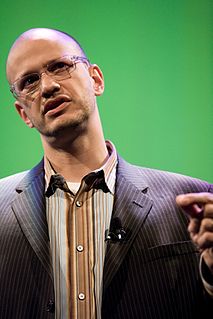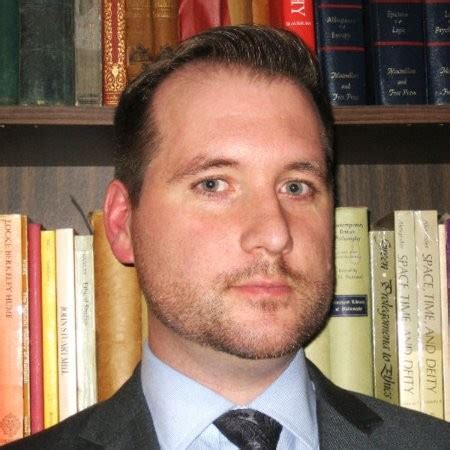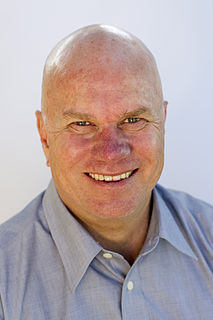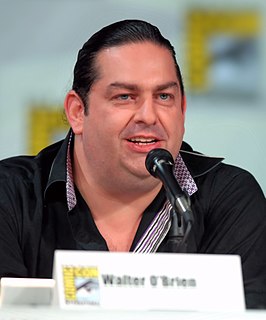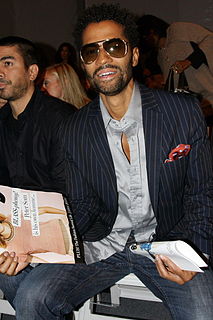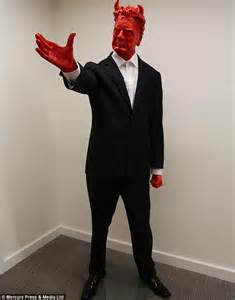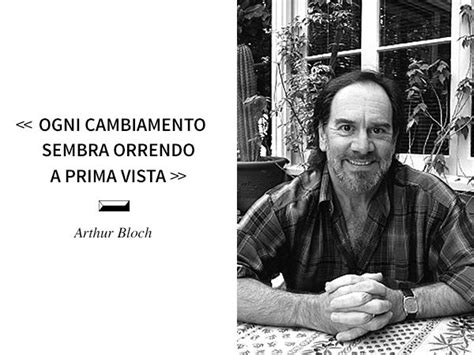A Quote by Adeo Ressi
Start-ups often die in the first 18 to 24 months because of formative mistakes, like choosing a bad co-founder or the wrong corporate entity or an inappropriate platform. Ninety percent of the companies the Founder Institute has created are alive because we've helped them avoid those mistakes.
Related Quotes
Chairman Mao was after all a principal founder of the Chinese Communist Party and the People's Republic of China. In evaluating his merits and mistakes, we hold that his mistakes were only secondary. What he did for the Chinese people can never be erased. In our hearts we Chinese will always cherish him as a founder of our Party and our state.
I have learned from my mistakes and accept that change is important. Not all change is bad. Therefore, you have to be more mindful and accountable about the decisions you make in life. Even though I've made mistakes, I can say my journey is full of authenticity because I didn't deny my ups and downs.
It is one thing to make a mistake, and quite another thing not to admit it. People will forgive mistakes, because mistakes are usually of the mind, mistakes of judgment. But people will not easily forgive the mistakes of the heart, the ill intention, the bad motives, the prideful justifying cover-up of the first mistake.
Be proud of your mistakes. Well, proud may not be exactly the right word, but respect them, treasure them, be kind to them, learn from them. And, more than that, and more important than that, make them. Make mistakes. Make great mistakes, make wonderful mistakes, make glorious mistakes. Better to make a hundred mistakes than to stare at a blank piece of paper too scared to do anything wrong.
... I don't think anybody should avoid mistakes. If it is within their nature to make certain mistakes, I think they should make them, make the mistakes and find out what the cost of the mistake is, rather than to constantly keep avoiding it, and never really knowing exactly what the experience of it is, what the cost of it is, you know, and all the other facets of the mistake. I don't think that mistakes are that bad. I think that they should try and not do destructive things, but I don't think that a mistake is that serious a thing that one should be told what to do to avoid it.
Obviously solving the education problem is big and complex, and there's already so many failings, but coding is the new fluency. This is the most valuable skill of this century. If you want to be a founder of a company, and not even just a tech company, but like a founder of a company, because I'm telling you software is going to play a role.
The thing that's confusing for investors is that founders don't know how to be CEO. I didn't know how to do the job when I was a CEO. Founder CEOs don't know how to be CEOs, but it doesn't mean they can't learn. The question is... can the founder learn that job and can they tolerate all mistakes they will make doing it?
